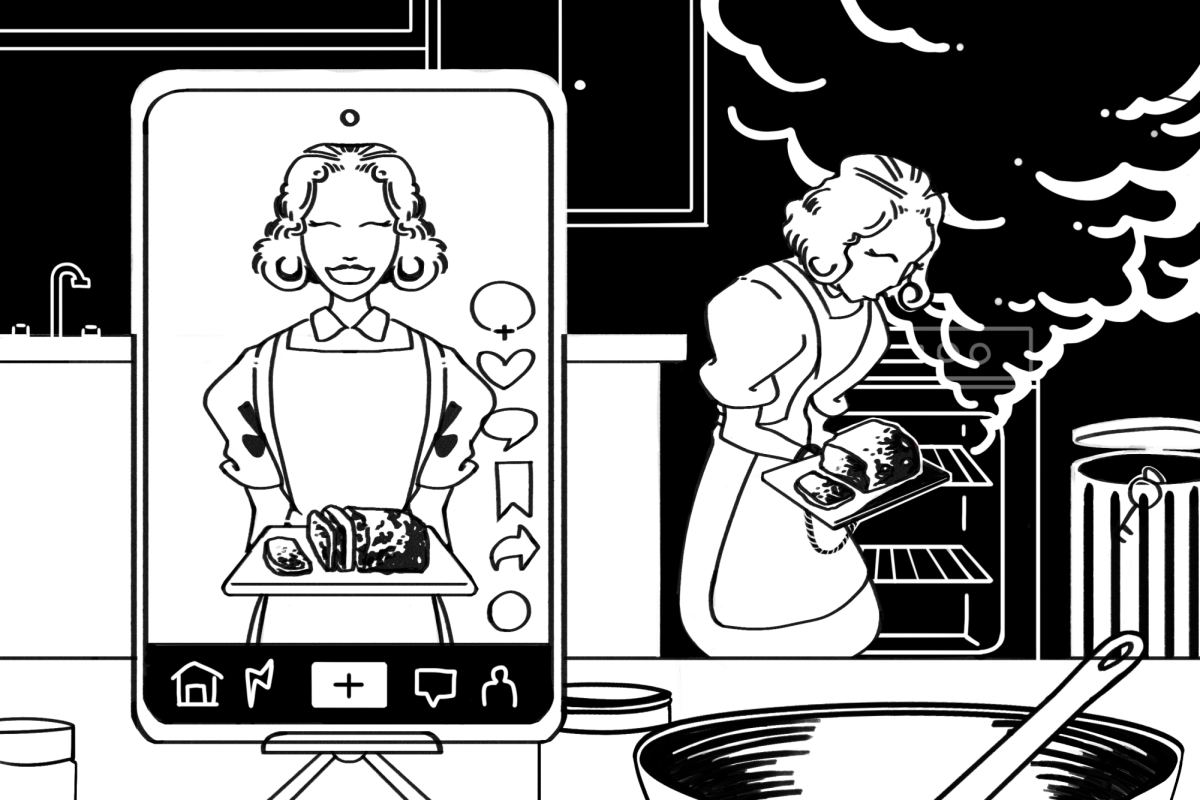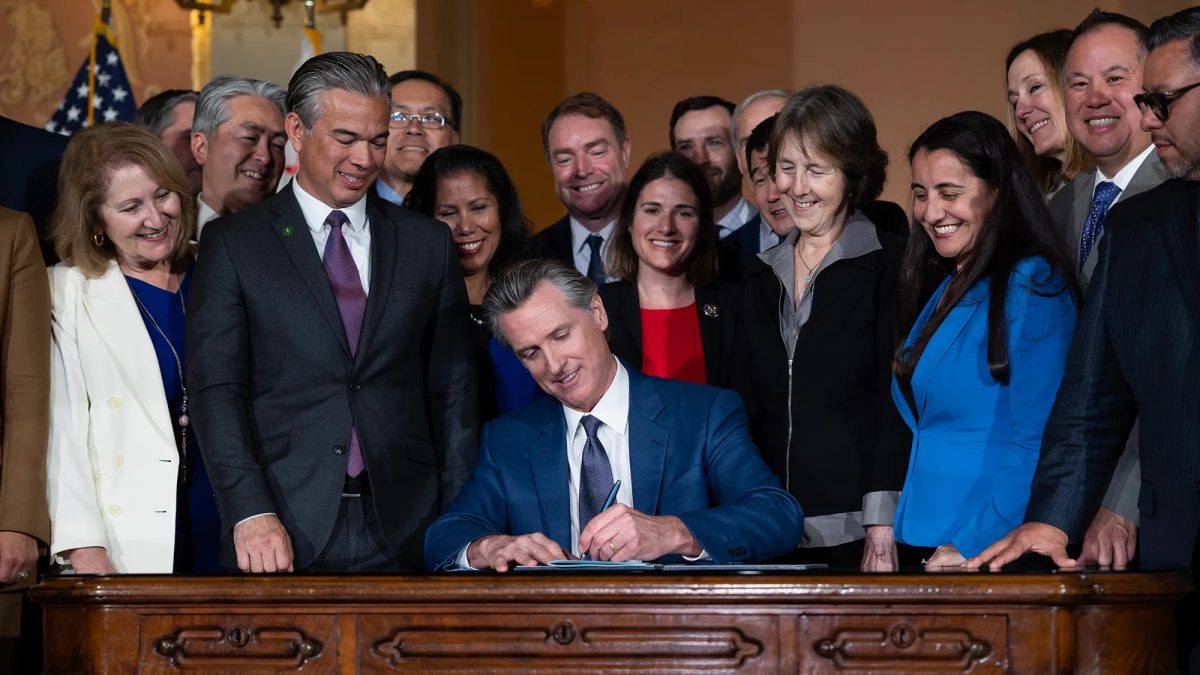In a loss for Democratic primary Kamala Harris to a near supermajority vote for Republican figurehead Donald Trump, the 2024 election waged a culturally cutthroat war. Even in infamously liberal California, Democrats gradually lost the vote of the average citizen: a biting sign of a failure to retain detached voters and reel in new ones. Ultimately, the Democratic party desperately needs a marketing rebrand centered on key policies accessible to the average American to regain its footing.
Harris’ laser focus on campaigning social topics such as abortion and immigration was detrimental to her credibility as a presidential candidate. Amidst times of economic turmoil, leveraging minority-catered policies lacked general relevance. As Democrats relied on a “lesser of two evils” stance to win against Republican policies, like Trump’s opposition to reproductive healthcare, Harris failed to address broader American necessities in her campaign, leaving a gaping hole in what should’ve been most crucial.
By contrast, Trump promised Americans a broader stratagem, addressing staggering costs of living and burdensome taxes alongside pledges to end the war in Ukraine. Even without concrete plans to enact his reforms, Trump drew in undecided voters by appearing to take initiative to improve overall quality of life. Democrats must adopt a similar approach. Rather than fueling the polarized political climate with socially charged campaigns, the Democratic party needs to broaden its policies, honing in on solutions to relatable issues. As evidenced by this election, a campaign revolving around tangible, basic-need policies such as inflation, housing, and economic reforms are far more reassuring to a lay voter than relatively secondary policies.
To the average American, the Republican party’s brand of patriotism is far more appealing than the Democratic patronizing savior. Despite Democrats directing their marketing towards minority communities, NBC News found that Trump saw a 13-point percentage increase in Hispanic voters and a 25-increase in Black voters since his run in 2020. Though Democrats have long been characterized by cultural sensitivity, relying on demographic trends muddles the focal point of politics: policy. Between Republicans, who’ve built an image of all-American nationalist pride, and Democrats, emblematically divisive and socially responsible, many minority voters are repelled by the latter’s intimidating and uncomfortable atmosphere. Although political decisions shouldn’t be rooted in cultural phenomena, the bipartisan split forces conversations to settle on defining characteristics that distinguish parties on the surface-level.
With a fractured left-wing identity, the term “liberal” has become a pejorative. Centering their narrative on how “evil” the opposing candidate is, the Democratic party has forgone an essential part of their campaign: liberalism’s merits. Attacking the opposition at every chance they get presents the Democratic party as lacking confidence in their own policies. Such behaviors allow lay voters and Republicans to see through the party’s disconnected front; “liberal’s” negative social connotation disturbs both Democrats, leftists, and right-wingers, hurting Democratic unity and morale.
In response to these issues, many have called for the Democratic party to move the center. Intuitively, suppressing controversial liberal views may better appeal to voters disengaged from two-party politics. However, centralizing left-wing politics defeats the purpose of a Democratic party and figuratively admits defeat.
Instead, Democrats must reinvent the liberal identity. Taking ownership of the term “liberal” appreciating it for its beliefs rather than the persona conjured in the media demonstrates a united front passionate about politics rather than hot-button issues. Whether it’s intentionally broadening its target audience and focusing on relevant policies or reconciling with leftists to find common ground, the first step in rebranding liberalism as a true party of the people is to ensure that the common citizen can find their voice within the group.
If the Democratic party wishes to take control of the conservative surge and stand their ground in future elections, a critical restructuring of liberalism and the ideas they wish to promote must occur first. Regaining America’s vote requires beyond an evaluation of the Democratic image, but an internal pride in the party’s political fabric.




















































